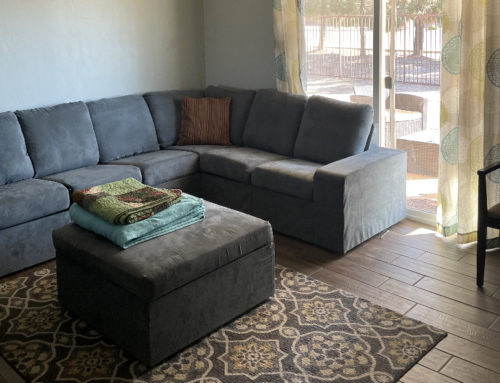DBT Module: Emotion Regulation
Skill: Accumulating Positive Experiences
Accumulating positive experiences is just as it sounds; simply doing things that are considered positive experiences. These activities can be short-term such as reading a book, playing an instrument, watching a movie, calling a friend or taking a bubble bath!
These positive experience can also be carried out over a longer time period. If the long-term goal is to become physically fit then steps of ‘accumulating the positives’ would lead to the overall goal. The acts of going to the gym, buying new running shoes and cute workout outfits, creating upbeat playlists, etc. would be considered the accumulating positives.
Accumulating the positives might mean that you need to schedule doing these positive steps. The benefits of scheduling pleasant activities and getting active are backed by quite a bit of research. Enjoyable physical activity alone has been shown to reduce depression in some individuals. In addition, increasing pleasant activities can reduce your emotional vulnerability.
Think about a week when you’ve had more pleasant, enjoyable experiences than negative ones. Now compare that week to a week when you’ve been really down, stressed, and feeling like everything is going wrong.
How do you react emotionally to a good week versus a tough week?
We challenge you to create two lists.
Create one list of Positive Experiences as they occur. How does it feel to see them add up over time? What emotions come up when you go back and read about the Positive Experiences you have had in the past?
Create a second list of Positive Experiences you would like to share with your family or friends. Schedule time to participate in these Positive Experiences together. Consider journalling about the time spent and the impact the experience had on your relationships.
While accumulating the positives, be mindful of your positive experience and unmindful of worries. Take time to be in the present and fully enjoy the activity you are doing. Try not to focus on worries, school, work, errands, or anything but the here and now.
By Sue Barnes, Director of Family Communication




